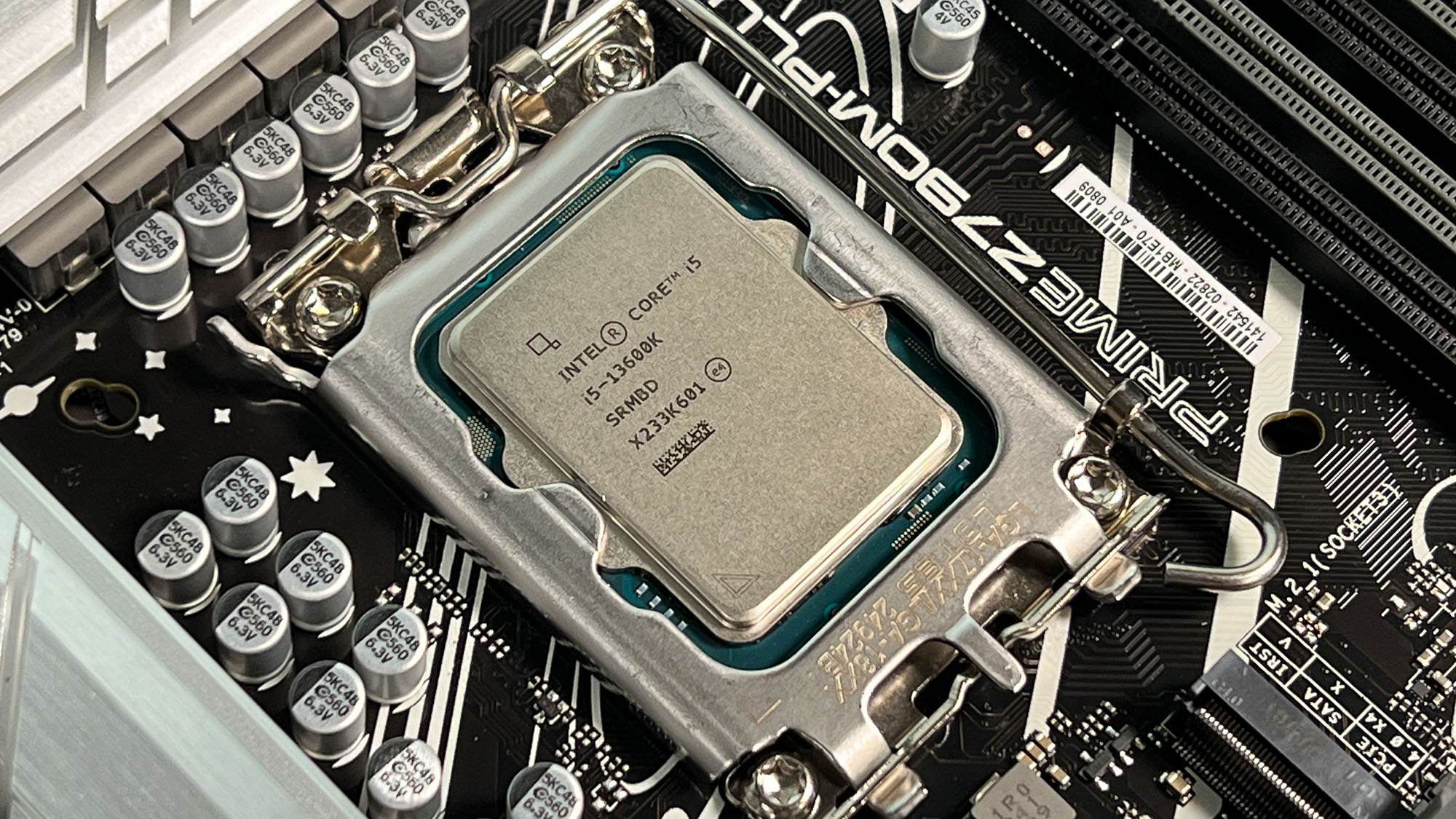
Security experts recently found a new vulnerability in Intel CPUs which could allow threat actors to execute malicious code on the flawed devices, remotely.
The vulnerability is described as a buffer overflow bug, and was given a designation of CVE-2024-0762. Many Intel CPUs are said to be affected, including Alder Lake, Coffee Lake, Comet Lake, Ice Lake, Jasper Lake, Kaby Lake, Meteor Lake, Raptor Lake, Rocket Lake, and Tiger Lake.
The bug resides in Phoenix SecureCore UEFI firmware, and was dubbed “'UEFICANHAZBUFFEROVERFLOW”. Cybersecurity researchers from Eclypsium, who discovered the bug, said they first found it on Lenovo ThinkPad X1 Carbon 7th Gen and X1 Yoga 4th Gen devices. However, given the amount of different CPUs affected, the actual number of vulnerable endpoints is much, much higher.
Resolving the flaw
BleepingComputer says that Lenovo already released new firmware updates to resolve the flaw. However, with the flaw affecting many different manufacturers, it might take more time for most of the devices to receive a patch. For PC users, it would be wise to check with your manufacturer if they already made a patch available or not.
Describing the vulnerability, Eclypsium said they found it in the System Management Mode (SMM) subsystem of Phoenix SecureCore firmware, and allows threat actors to overwrite adjacent memory. By overwriting it with the right data, the attacker might elevate their privileges and grant themselves the ability to launch code, remotely, with the help of malware known as a bootkit.
"The issue involves an unsafe variable in the Trusted Platform Module (TPM) configuration that could lead to a buffer overflow and potential malicious code execution," Eclypsium said. "To be clear, this vulnerability lies in the UEFI code handling TPM configuration—in other words, it doesn't matter if you have a security chip like a TPM if the underlying code is flawed."
More from TechRadar Pro
- This dangerous UEFI bootkit can hijack your Windows PC with ease
- Here's a list of the best firewalls today
- These are the best endpoint protection tools right now







